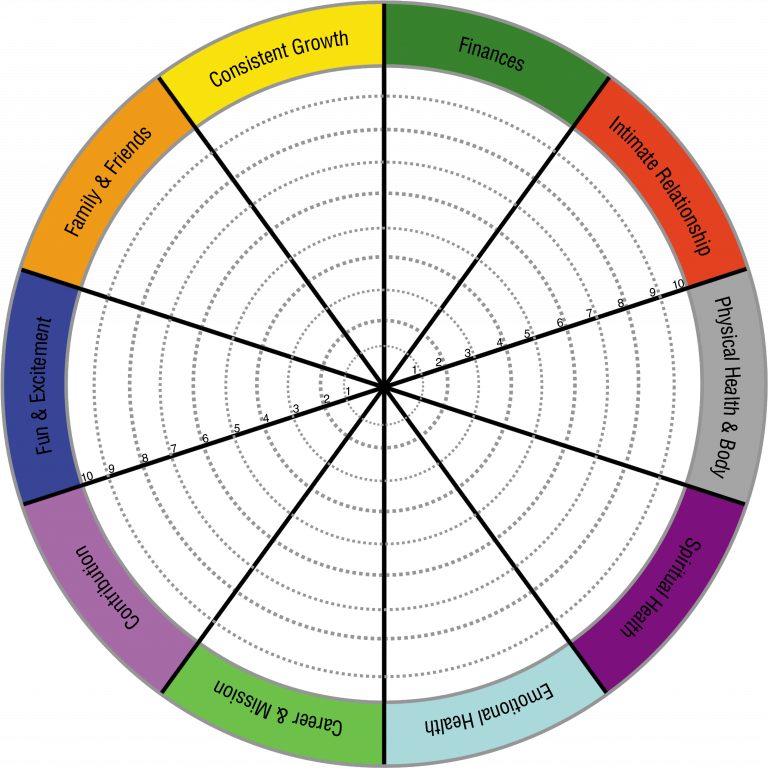INTRODUCTION
Self-doubt is a universal human experience that can cast shadows on even the brightest of aspirations. It is the persistent voice that whispers, “You’re not good enough,” or “You can’t do this.” While it’s normal to question ourselves from time to time, chronic self-doubt can have profound effects on various aspects of our lives, hindering personal growth, happiness, and productivity. In this blog post, we will explore the detrimental effects of self-doubt and provide actionable strategies to overcome it and embrace a more confident, fulfilling life.
The Effects of Self-Doubt on Life:
- Stifled Personal Growth: Self-doubt often acts as a barrier to personal development. When we question our abilities and worth, we may avoid new challenges or opportunities, limiting our potential for growth.
- Reduced Productivity: Doubting our capabilities can result in procrastination and decreased productivity. The fear of failure may lead to avoidance behaviors, preventing us from reaching our full potential in both personal and professional endeavors.
- Strained Relationships: Constant self-doubt can affect our relationships. It may make us overly reliant on others for validation, creating a cycle of dependence that strains connections with friends, family, and colleagues.
- Impaired Decision-Making: Doubting ourselves can lead to indecision. Fear of making the wrong choice can paralyze us, preventing us from taking risks that could lead to positive outcomes.
How to Overcome Self-Doubt:
- Cultivate Self-Awareness: Begin by identifying and acknowledging your self-doubt. Recognizing when it arises allows you to take control of your thoughts and challenge negative beliefs about yourself.
- Challenge Negative Thoughts: Actively question and challenge negative self-talk. Replace destructive thoughts with more positive and empowering affirmations. Instead of saying, "I can't do this," try, "I will do my best, and that's enough."
- Set Realistic Goals: Break down larger goals into smaller, achievable tasks. Celebrate small victories along the way, building confidence and proving to yourself that you are capable of success.
- Seek Support: Share your doubts with trusted friends, family, or mentors. External perspectives can offer valuable insights and encouragement, helping you see your abilities more objectively.
- Learn from Failure: Embrace failure as a natural part of the learning process. Instead of viewing setbacks as confirmation of your limitations, see them as opportunities for growth and improvement.
- Focus on Strengths: Shift your focus from perceived weaknesses to your strengths. Recognize your unique skills and talents, and use them as a foundation for building confidence.
- Practice Self-Compassion: Treat yourself with the same kindness and understanding you would offer to a friend. Understand that everyone experiences self-doubt, and it doesn't define your worth or potential.
Conclusion:
Overcoming self-doubt is a journey that requires self-reflection, perseverance, and a commitment to personal growth. By understanding the impact of self-doubt on various aspects of life and implementing strategies to combat it, you can break free from the shackles of uncertainty and unlock your true potential. Remember, confidence is not the absence of self-doubt but the courage to move forward despite it.


